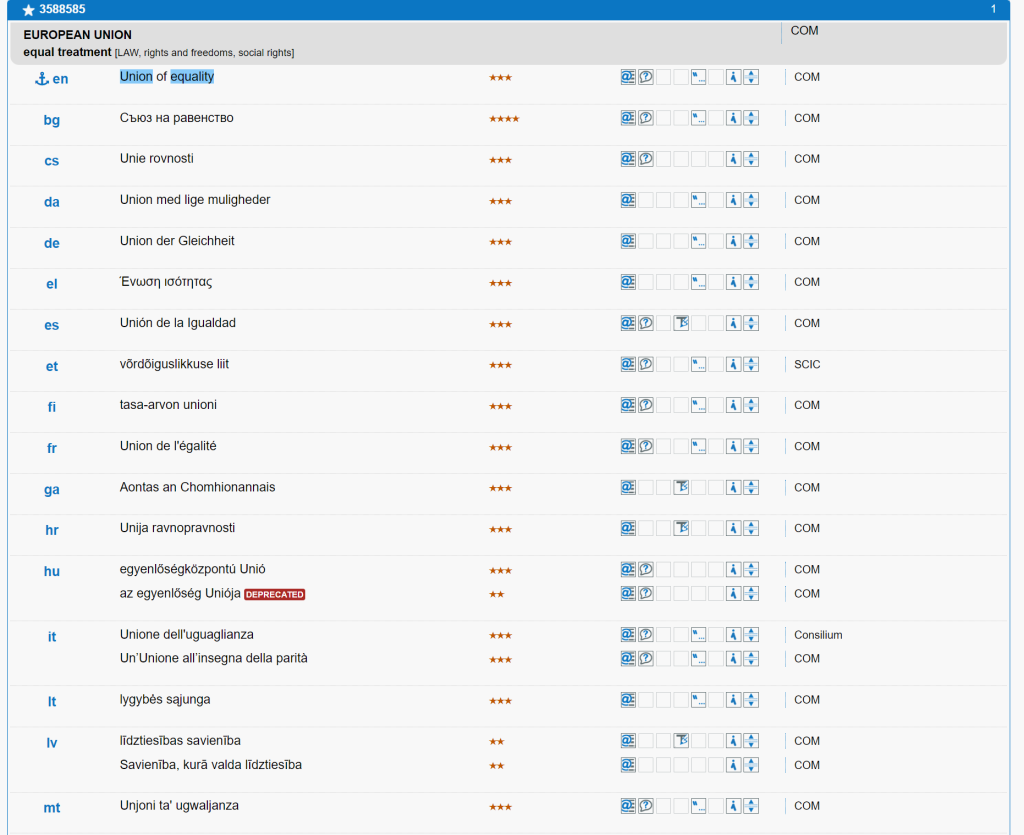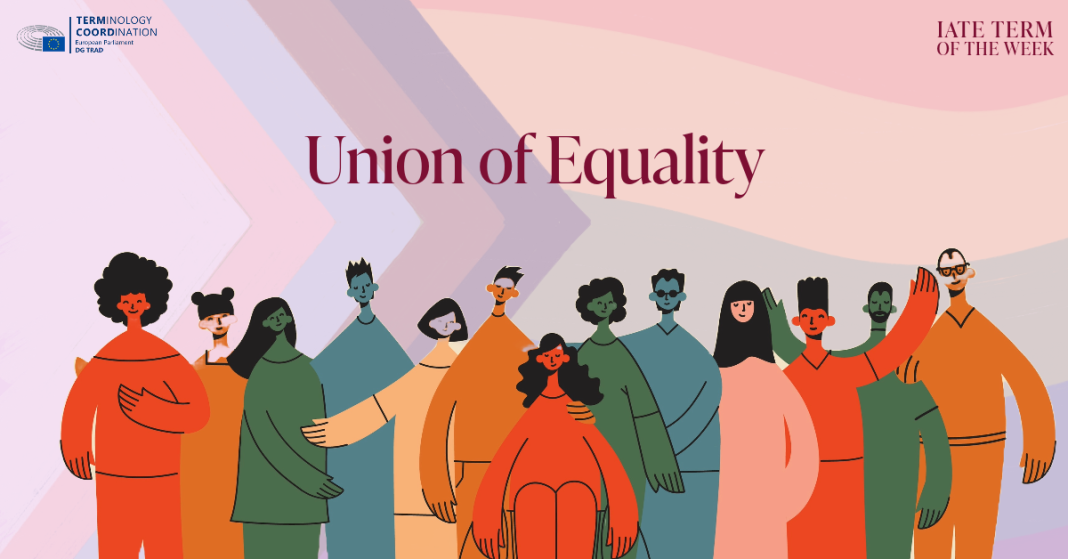The Union of Equality is a vital aspect of the European Union’s mission to ensure fairness, non-discrimination, and equal opportunities for all its citizens. This initiative underscores the commitment to promoting equality across various spheres of life, encompassing gender, ethnicity, age, disability, sexual orientation, and more.

The European Union has long been dedicated to advancing equality across its member states. The Union of Equality strategy is a cornerstone of the EU’s agenda, aiming to create a more inclusive and just society for everyone within its borders. This strategy integrates several key pillars:
Gender Equality
Promoting gender equality is a fundamental aspect of the Union of Equality strategy. Efforts are directed toward bridging the gender gap in various areas such as employment, wages, decision-making positions, and combating gender-based violence. Initiatives like the Gender Equality Strategy and the Work-Life Balance Directive aim to foster a more balanced and equitable environment for men and women.
LGBTQ+ Rights
The EU is steadfast in its commitment to safeguarding the rights of the LGBTQ+ community. The strategy involves measures to combat discrimination based on sexual orientation and gender identity. Efforts extend to legal protections, social acceptance, healthcare access, and advocating for LGBTQ+ rights globally.
Racial and Ethnic Equality
The Union actively addresses racial and ethnic discrimination, striving to create an environment where everyone, regardless of their racial or ethnic background, can thrive. Strategies include promoting diversity, tackling systemic racism, ensuring equal access to opportunities, and fostering social cohesion.
Disability Rights
The Union of Equality strategy encompasses removing barriers to accessibility, ensuring equal access to education and employment, and promoting the full participation of persons with disabilities in society.
Age Equality
Age discrimination is also a focal point within the EU’s equality strategies. Efforts aim to create an age-friendly environment where people of all ages can actively participate in society, access adequate healthcare, and enjoy equal opportunities in the workforce.
The Union of Equality strategy also involves a multi-faceted approach that combines legislative measures, policy frameworks, awareness campaigns, funding programs, and collaboration among member states, institutions, and civil society.
Furthermore, the European Union is committed to further strengthening these equality strategies. This includes addressing emerging challenges, such as the impact of technological advancements on equality, ensuring intersectional approaches that consider multiple forms of discrimination, and working towards a society where equality is not just a goal but also an intrinsic part of the European identity.
Bibliography
European Commission. (2023). The Union of Equality. Retrieved from: European Commission – Policies – Fundamental Rights: https://commission.europa.eu/strategy-and-policy/policies/justice-and-fundamental-rights/union-equality_en#:~:text=Equality%20is%20a%20core%20value,Commission%20in%20her%20political%20guidelines
Written by Marina Scelta
Born in Palermo (Italy), passionate about learning languages since a very young age, she studied Interpreting and Translation for English and French in her hometown, then moved to London for a Master’s Degree in the same domain (University of Westminster), eager to earn some first-hand experience in an international environment. In 2020, she decided to move back to Italy, where she applied for her second Master’s Degree in Foreign Languages for International Communication (Università degli Studi di Torino). In 2021, she had the opportunity to move to Strasbourg as an Erasmus student for almost one year, at the end of which she made of that city her new home. Currently in the process of writing her master’s thesis, in her free time Marina enjoys travelling, singing, walking in the nature, solving crosswords puzzles, and mostly looking around for vegan food.

